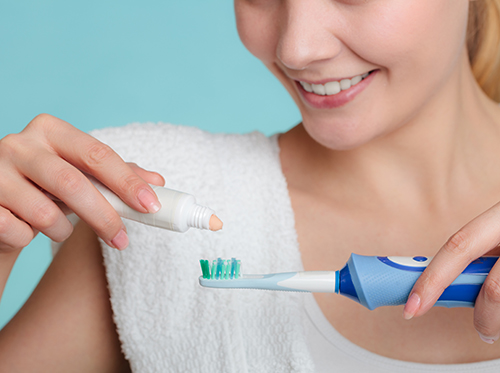Dental-Healthy Snacks for Your School-Aged Child
April 17th, 2024

Kids are constantly active and constantly growing. No wonder they’re constantly hungry! When it’s time for a snack, here are some tips to make between meal treats timely, tasty, and tooth-friendly.
Keep snacks to a minimum
Every time we eat, we’re also providing food for the bacteria in our mouths. Bacteria use sugars to produce acids. These acids weaken our enamel and can lead to cavities. Luckily, we have a natural way of protecting our teeth. Saliva washes away food particles and bacteria, and even provides substances that strengthen our teeth in the hours between meals.
When we eat throughout the day, there is no chance for this recovery period to take place. Small children aren’t usually able to get through the day without a few snack periods, which is perfectly normal. Just try to make sure that snacking doesn’t become all-day grazing!
Avoid foods that contain sugar and carbohydrates at snack time
We know that sugar leads to an increased chance of cavities because bacteria convert this sugar into acids that damage our enamel. But carbohydrates should also be in the no-snack zone. Why? Because carbohydrates break down into sugar very quickly. So while you wouldn’t offer your child a daily mid-afternoon snack of sodas and chocolate bars, those muffins, doughnuts, chips, and bagels should be on the “special treat” list as well.
Dental-healthy snacks
Luckily, we are left with many healthy and convenient choices when your child needs a nibble.
- Crunchy, crisp fresh fruits and vegetables provide vitamins as well as a gentle scrubbing action to help clean teeth. They are also rich in water, which helps us produce the saliva that naturally washes away food particles and bacteria.
- Low-fat yogurts and cheeses provide essential calcium for strong teeth and the vitamin D that helps us absorb calcium.
- Whole grain breads, cereals, and crackers are healthier than products made only with white flour because they retain valuable vitamins and minerals that have been removed from refined grains.
- Lean meats, peas, legumes, and eggs provide protein that helps build connective tissue and maintain tooth structure.
- Water helps stimulate saliva production and provides cavity-fighting fluoride. Win/win!
You are constantly looking for ways to make your children’s lives better. Mix and match any of these foods for a snack that’s not only good for their teeth, but rich in the proteins, vitamins, and minerals needed to keep them active and growing throughout their school years. If you have questions about your child’s dietary needs, feel free to ask Dr. Jeffery Spahr and Dr. Janna Spahr at our Lincoln, NE office.





